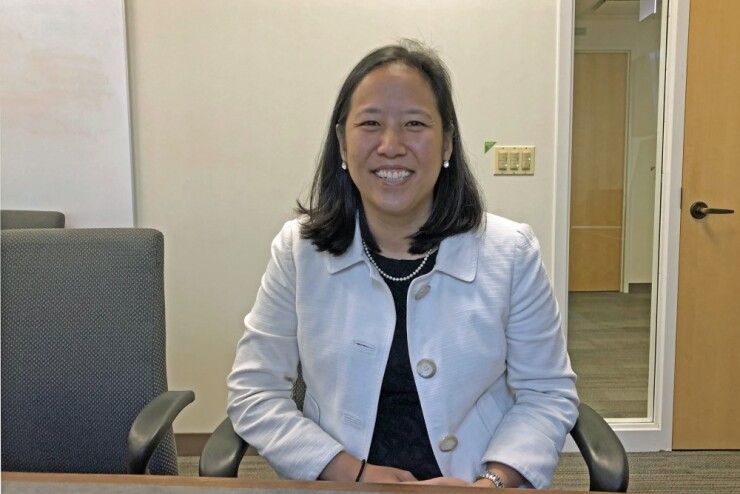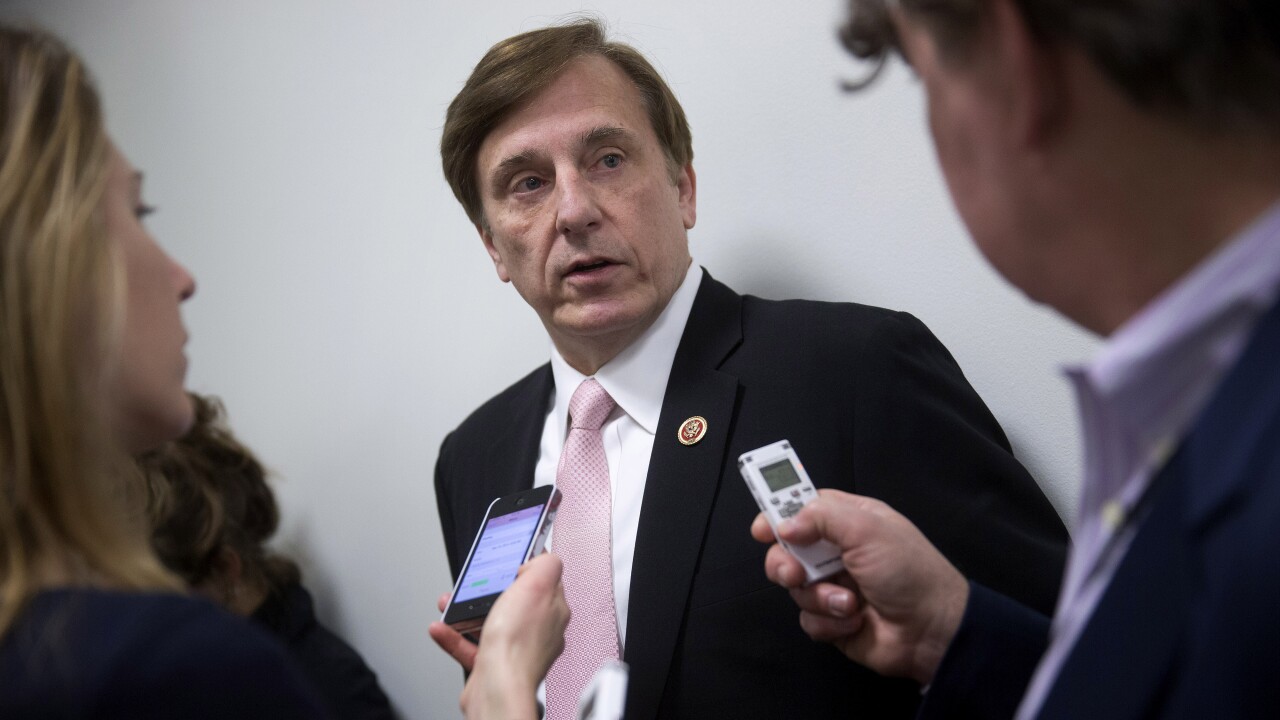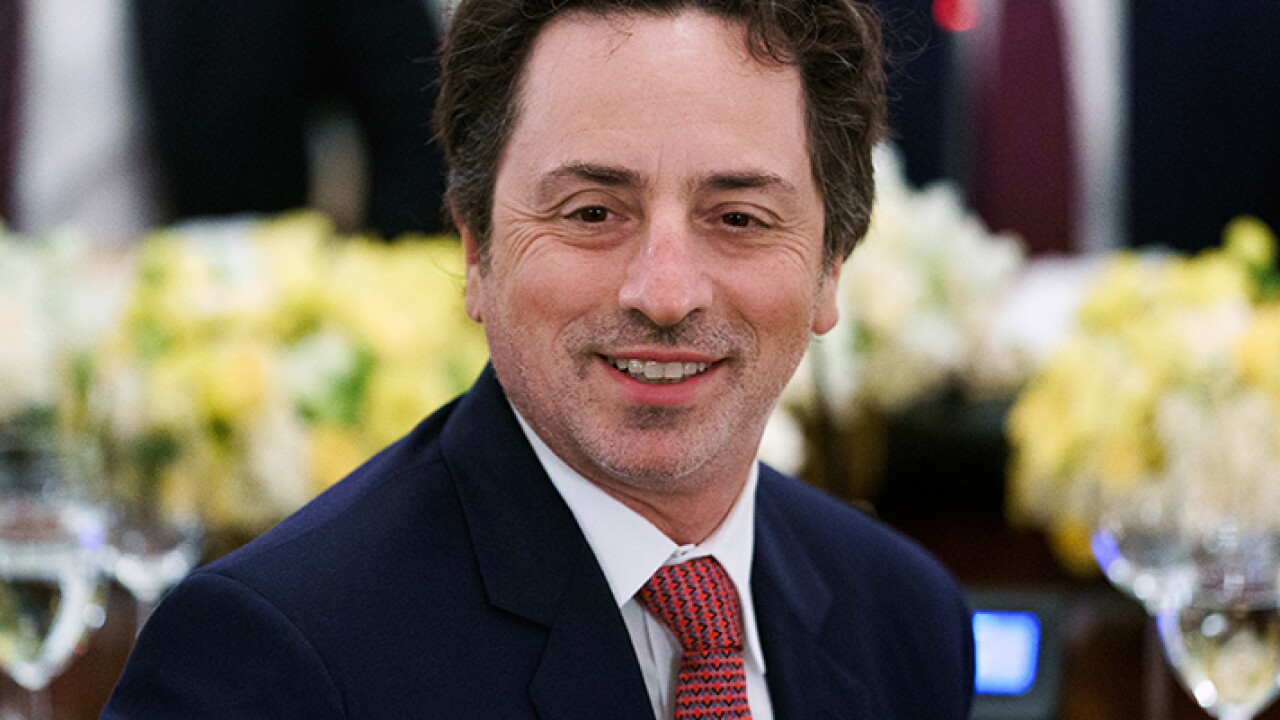Chicago's finance team hits the road this week to promote a $1.3 billion debt refinancing that’s central to Mayor Lori Lightfoot’s efforts to close an $838 million gap in her first budget.
The city will tentatively sell $347 million of general obligation bonds to refund callable GOs on Jan. 15.
The city will also sell on Jan. 15 and 16 up to $912 million of taxable and tax-exempt debt through its Sales Tax Securitization Corp. under a newly established subordinate lien. Proceeds will refund GOs, motor fuel tax bonds and Chicago Infrastructure Trust notes and cover the potential purchase of tendered bonds.

The
Additionally, the city will price next month a C series of STSC bonds for about $200 million using a forward delivery structure for October to refund outstanding GOs. The bonds being refunded mature later in the year, city officials said.
Both the GO and STSC deals capitalize initial interest which provides near-term relief and eliminates the city’s need to revise its 2020 levy. The STSC proceeds can also cover the premium for insurance should the city decide to wrap the bonds with credit enhancement.
The refinancing being undertaken next week and the forward delivery series — before any tendered bonds are purchased with bond proceeds — is expected to generate at least $210 million to $215 million in upfront savings for the 2020 budget.
“The tender is just gravy. It wasn’t originally part of the financing but we will review the offers and to the extent that they could generate additional incremental savings” and meet city goals, Chicago will consider them, chief financial officer Jennie Huang Bennett said in an interview Monday.
The tender closes Friday and any purchases the city makes would be built into the pricing next week. Officials opted to include the tender after discussions with the finance team working group as “a way to achieve more savings” and has seen some interest as investors might be motived to shed the debt even though it is high yield.
The City Council authorized up to $1.5 billion of refinancing bonds under either the GO or STSC credits late last year.
The city’s finance team will meet with investors at co-bookrunner JPMorgan’s Boston offices on Wednesday, then at co-bookrunner Goldman Sachs’ office in New York on Thursday, and at JPMorgan offices in Chicago Friday. Bennett, deputy CFO Jack Brofman, and STSC bond counsel Robert Christmas, a partner at Nixon Peabody LLP, will attend all three and Lightfoot will participate in the Chicago meeting.
At least 40 members of the buy side have so far expressed an interest in attending either a breakfast or luncheon meeting being held in the three cities, Bennett said.
Lightfoot addressed investors during the city’s investor conference in August but that was before introduction and passage of her $11.65 billion 2020 budget that closed an $838 million gap through a mix of debt savings, new revenues, cuts and other measures, 60% of which are recurring and 40% non-recurring.
“It’s our first opportunity to talk to investors directly about the mayor’s priorities and about her philosophy toward finances and the 2020 budget,” Bennett said. “It’s a great opportunity to have a direct conversation with investors about the big picture, not just the 2020 budget, but long-term sustainability.”
The administration acknowledges taking the refinancing savings upfront is a one-time revenue gain that’s not sustainable but officials believe it helps lay the groundwork for structural budget balance in 2022.
To accomplish structural balance without a big property tax hike, the administration will press state lawmakers during their spring session that begins later this month to pass changes to the city’s real estate transfer tax and to the tax structure on a proposed Chicago casino, which combined would generate about $300 million of annual revenue.
Fitch Ratings, Kroll Bond Rating Agency, and S&P Global Ratings have affirmed the city’s GO rating of BBB-minus/A/BBB-plus. All three assign a stable outlook.
So far only S&P has published its rating on the new subordinate STSC bonds. It assigned the same AA-minus to the junior lien that’s carried by the $2.6 billion of senior bonds sold between 2017 and early 2019. The original AA rating was downgraded to reflect a criteria revision on priority-lien tax revenue credits in 2018.
The city expects Kroll’s rating on the new lien to be published later this week. Kroll rates the senior lien AAA.
Whether Fitch Ratings, which currently assigns its AAA rating to the senior lien bonds sold by the bankruptcy-remote special entity, will rate the deal remains up in the air.
Fitch published an exposure draft on tax-supported criteria revisions in July proposing to impose a cap limiting the distance between tax-supported bonds issued by municipal entities eligible to file for bankruptcy protection and the issuer’s own credit. The proposed criteria changes were in response to the U.S. Court of Appeals for the First Circuit’s ruling involving the Puerto Rico Highways & Transportation Authority that rocked special revenue status during bankruptcy proceedings.
The city would seek a rating if the final revisions are published ahead of the pricing. “The exposure draft isn’t final and it’s a methodology change so it creates confusion” for investors to include a rating that could change once the new criteria is finalized, Bennett said.
STSC
The STSC tranche offers $603 million of tax-exempts that mature between 2025 and 2040 with a term bond for $54 million in 2043. The taxable $309 million series matures between 2023 and 2025 with a term bond for $174 million in 2035.
The city originally intended to limit the final maturity to 2039 but that was before the invitation to tender selected bonds was launched. The up to $1.8 billion of taxable bonds targeted by the city — although it would limit its purchase to about $200 million — matures between 2032 and 2044.
The city, sensitive to any comparisons in the refinancing to prior administration’s scoop-and-toss practices that pushed out original bond repayment terms, would cut the longer maturities in the deal if investors holding the later maturities in the tender candidates don’t participate in the tender, Bennett said.
“Scoop-and-toss impairs future taxpayers. There is nothing about this deal that increases debt service,” Bennett said. The city still expects to keep new debt service lower in every year than the refunded debt service.
The STSC bonds will pay off $626 million of GOs that mature between 2021 and 2039 and pay rates between 4.150% and 5%, $61 million of motor fuel tax bonds that mature between 2021 and 2038, and $9.6 million of CIT notes that mature in 2029 and pay 4.95%.
The deal leaves room to purchase about $200 million of tendered bonds. The taxable candidates totaling $1.8 billion were issued in 2009, 2010, 2011, 2012, 2014, and 2015 and pay between 5.4% and 7.78%.
Goldman and JPMorgan are the dealers for the
S&P assigned the new subordinate-lien credit the same AA-minus rating as the senior bonds. The rating reflects the application of the agency’s priority lien criteria, which factors in both the strength and stability of the pledged revenues, as well as the general credit quality of the municipality where taxes are distributed and/or collected.
“Although the debt service coverage levels and additional bonds test are different on the first and second-lien bonds, the two lien ratings are on parity given the four notch limitation above the obligor credit in our priority-lien criteria,” S&P said.
Pledged sales taxes flow directly to the trustee from the state and residual amounts not needed for debt service are freed up for city use. There is no debt service reserve fund requirement for either the first- or second-lien bonds.
The STSC is separate, bankruptcy-remote special purpose entity from the city insulating it from a potential Chicago bankruptcy if the state were to add a Chapter 9 statute, it enjoys statutory lien status, and the rating agencies consider the asset transfer a true sale.
The current $2.6 billion of senior lien bonds are retired in 2048 at a principal and interest cost of $4.78 billion.
GOs
The GO series matures between 2021 and 2030 and refunds bonds sold in 2006 and 2007 that pay interest rates of between 4.250% and 5%.
The city currently has $8 billion of outstanding GOs with a final maturity in 2048 that will also carry a price tag of $5.9 billion in interest to retire. Investment considerations include the potential for credit deterioration, pension funding strains, and an ongoing structural budget deficit.
The city’s debts include $30 billion of net pension liabilities for its four funds that are collectively just 23% funded and a $685 million unfunded other post-employment benefits liability.
The city initially selected separate underwriting syndicate and advisors for each transaction but then decided to merge them for marketing purposes. Goldman Sachs, JPMorgan, Cabrera Capital Markets LLC, and Siebert Williams Shank & Co. LLC are in the lead spots. RBC Capital Markets and Stifel are co-seniors.





